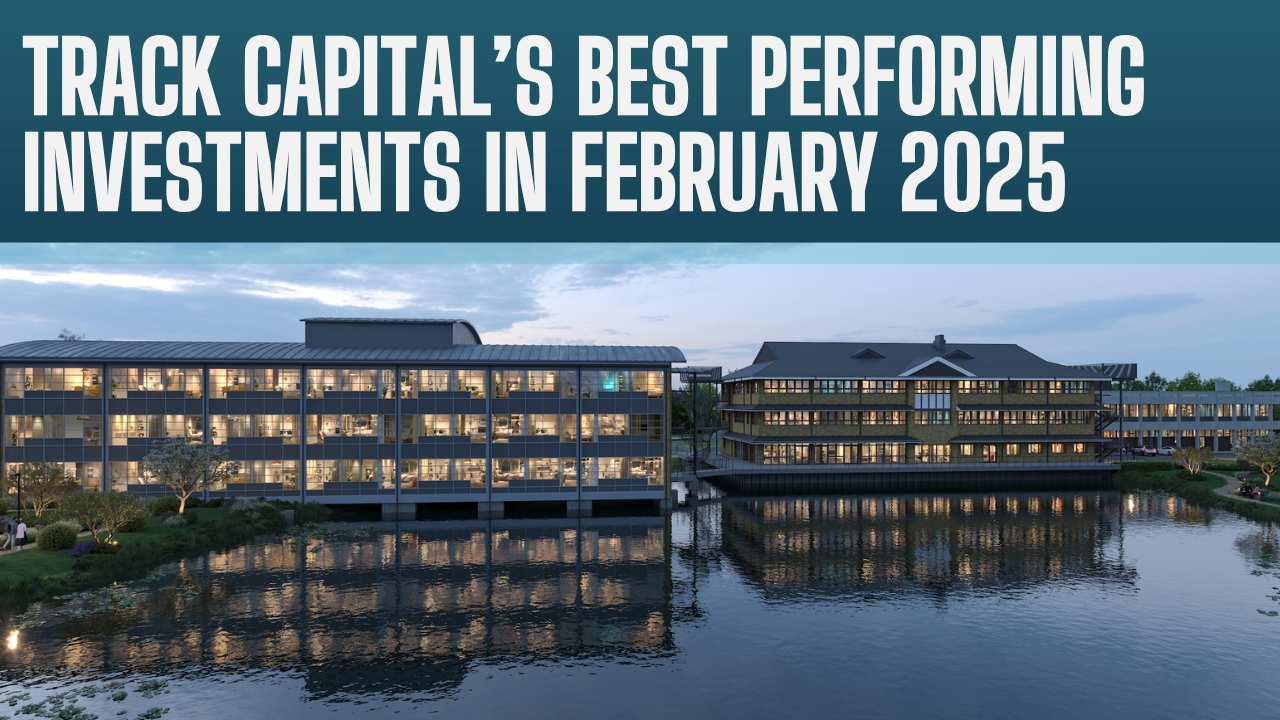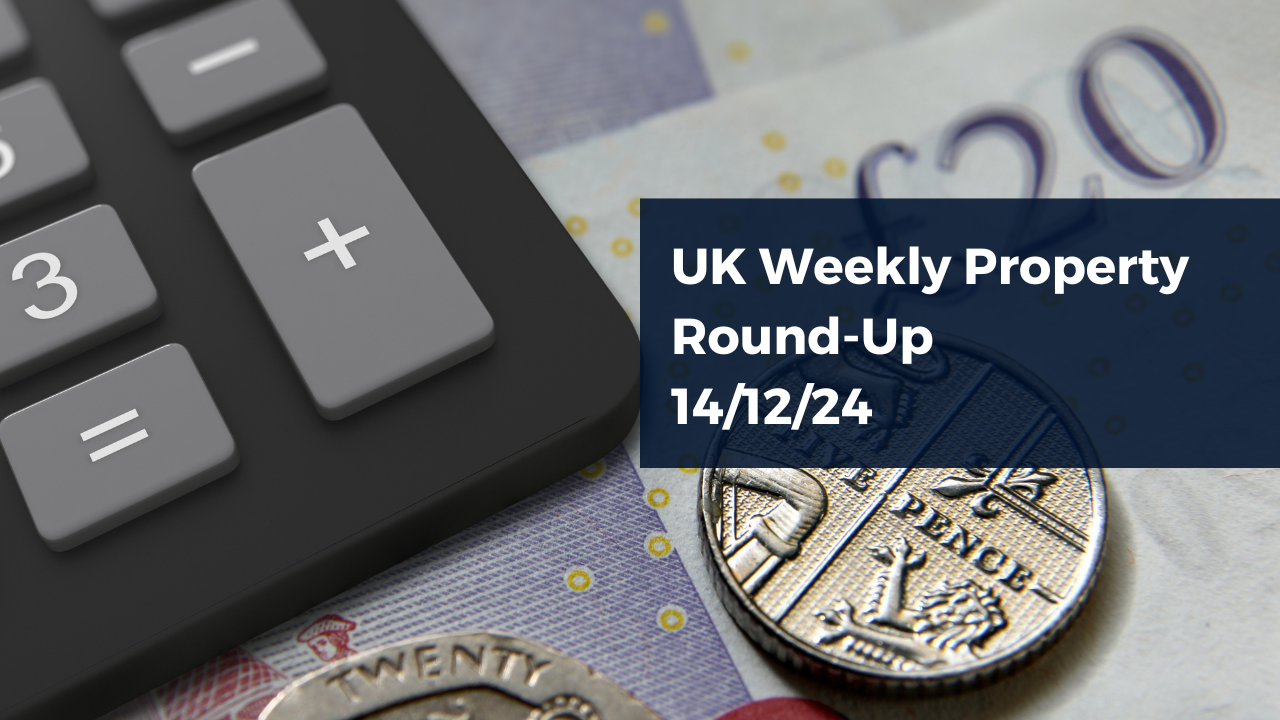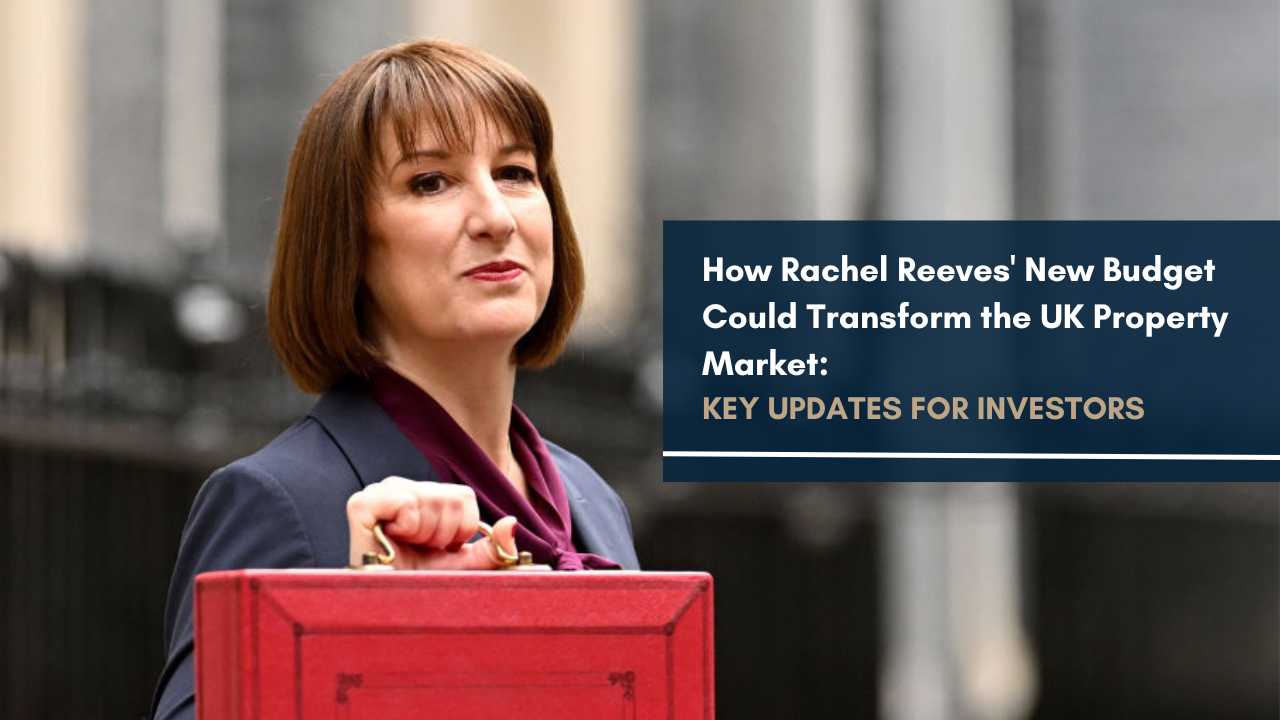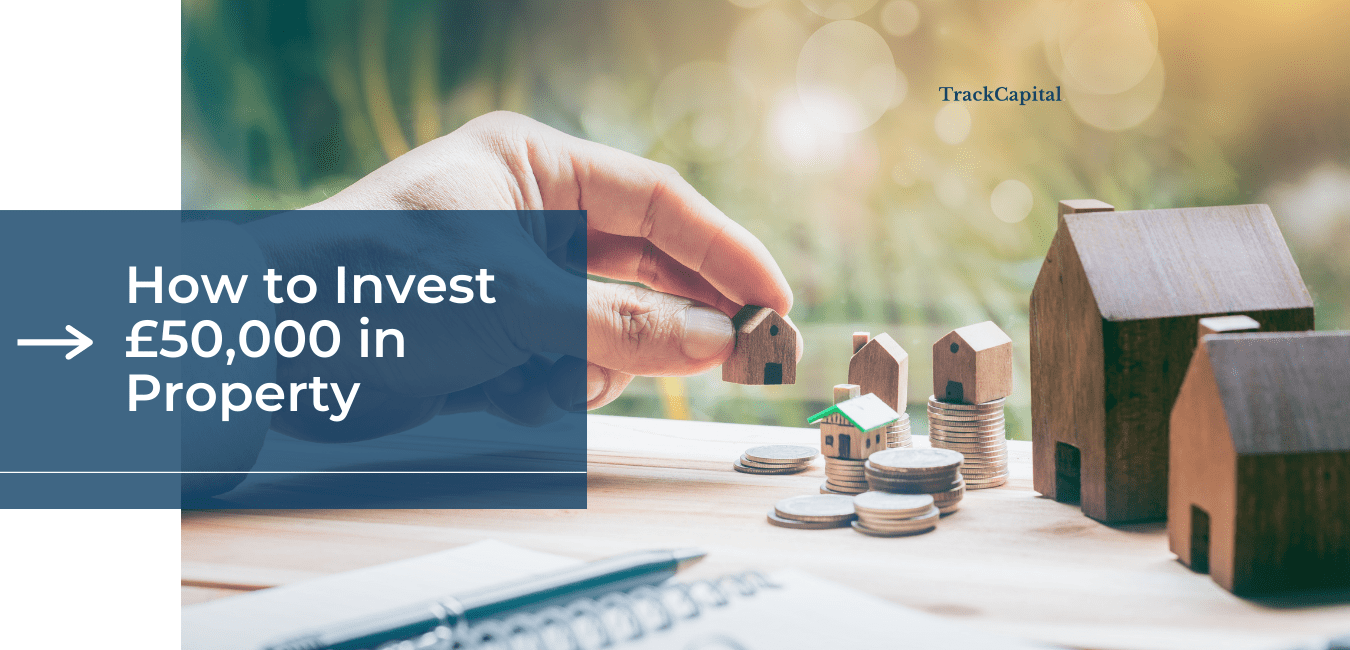So you’re a property investment beginner and you’re keen to get started, but you’re not sure where or how.
Well, to help you along, let’s run through a series of 19 key tips from our experts – split into three sections: before you buy, finding a property, and after the purchase.
Our tips should guide you through your journey and keep you on course to success. They’ll lay the groundwork for starting your property search, ensuring you know what you’re looking for and how to move carefully, but confidently.
Okay, let’s go!
Tips For Before You Buy
Consider if property is the right asset for you
Here’s the thing, property investment isn’t for everyone.
Finding, purchasing and managing a property isn’t as simple as often made out on social media.
There are various legal responsibilities, property tax and reporting obligations, maintenance and repairs, and more. Even if you take a hands-off approach, you’ll find a portion of your time is taken up by your property portfolio.
You should first ask yourself why you’ve chosen property and whether you’re ready to take on everything that comes with it, or whether you would find it easier to invest your money in other assets, like the stock market.
We’re not trying to put you off. Property investment is a wonderful, enriching experience for many. But make sure you have a strong “why” before you start moving forward.
Choose an investment strategy
The reason we invest in anything is to make money. But there’s more than one way to skin a cat (please don’t do that).
Choosing an investment strategy simply means deciding how you’re going to make money from property.
Are you going to generate income by renting out the property (buy-to-let) or through a resale after renovation (buy-to-sell)? Or, do you want to buy land and build a property from the ground up (property development)?
We won’t go into detail here, but you can learn more about each strategy here: https://www.trackcapital.co.uk/news-articles/how-to-create-a-property-investment-plan/
If you do opt for buy-to-let, consider whether you want to focus on short-term rentals (e.g. Airbnb), which can offer higher returns but require more management, or long-term rentals (e.g. traditional lettings), which offer more predictable, but lower, returns.
Set clear goals
Ask yourself this: Are you aiming for long-term capital growth, a steady rental income, or quick returns?
The answer is your broad goal for property investment, which can help in making strategic decisions (see above) and narrowing your search for a property when the time comes.
You can then layer hard goals over the top, e.g. “I want to achieve X amount of rental income per month”. This means you have clear standards to assess the performance of your portfolio against in the future.
Pick a type of property
To be as efficient as possible with your time in the future, you should start setting out the parameters of what type of property you’re after.
For example, do you want to invest in houses or apartments, residential or commercial properties, or specialised markets like student housing?
Each type of property has different market dynamics, maintenance costs, and tenant profiles. Do your research and make your choice now, then you can ignore any property which doesn’t fit into your chosen type.
Set a target location
Every property investor knows that location is critical.
The tips above should help guide your search for a location. For example, if you’re after a buy-to-let with the potential to generate profitable rental income, then you’re best off looking further north in the UK – where property prices are lower and yields tend to be stronger.
Even within a city, there can be a huge variety of locations. To help guide your search, we always recommend considering if a particular spot has the following fundamentals:
- Transport & connectivity: Proximity to public transport, major roads, trains and airports can be a big boost.
- Employment: Areas with growing job markets, major companies, and low unemployment rates create a stronger tenancy market.
- Education: The availability (or lack) of reputable schools and universities will have a major effect on the type of people living in a certain area.
- Regeneration & investment: If a city or region is undergoing significant investment and redevelopment, it can indicate positive future growth potential for the local economy and, as a byproduct, the property market.
- Events: This is not necessarily as critical as the others, but areas with vibrant social, cultural, and sporting events attract more tenants and buyers.
Write down your ideal tenant (or buyer)
Regardless of you’re investment strategy, you should be thinking ahead and identifying who you aim to rent or sell to, such as students, young professionals, families, or retirees.
Why?
Well, first, knowing who your target audience is helps tailor your location and property search.
Second, you can start to think about features your ideal tenant or buyer would value, such as the number of bedrooms, amenities, proximity to work or school, and neighbourhood safety.
For example, students may prefer properties close to universities with multiple bedrooms, while professionals might look for modern apartments with good transport links.
Know what you’re looking for before you start
Once you know your strategy, your type of property, target location, and tenant/buyer profile, you can start to visualise your property.
What does it look like? What does it contain? What’s nearby?
Note these things down, they’re your list of factors to look for when you start the search.
Investors who know what they’re after tend to make smarter, quicker, more logical decisions – and that’s essential for long-term success.
Ensure you have more than enough budget
There’s no getting around it, property investment isn’t cheap.
You need to consider and estimate all of the upfront costs involved with your future purchase, including the deposit (if using a mortgage), taxes, legal fees, repairs, and renovations. Ensure your budget more than covers your estimate with some buffer room.
It’s also a good idea to start speaking to mortgage advisors, and even go through the process of getting pre-approval. Then you’ll have a firm idea of total budget.
There are different types of mortgages for property investors, but you can learn more about buy-to-let mortgages in our guide.
Decide on an ownership structure
In short, you can either invest in property personally or through a Limited Company.
The structure you choose can impact admin, tax obligations, income, and more. It’s really important to understand both options and choose the structure that works for you and your plans for property investment in the future.
There’s a lot to dig into between the two options, more than can be covered here, so we recommend checking out this guide from RossMartin.co.uk.
Tips For Finding A Property
Decide between ready-to-let and off-plan
When you start looking for a property, one question to answer immediately is whether you want a property that’s ready to let.
If you’re willing to wait, there can be considerable benefits to opting for an off-plan property over something that’s already complete. For example, you can usually purchase at a discount, giving you a chance to benefit from property value appreciation as construction progresses. However, we recommend thorough due diligence beforehand to ensure the developer’s credibility and the project’s viability.
Start small
For investment property beginners, starting small is advisable. You can gain experience without being overwhelmed by the complexities and responsibilities that come with larger investments – regardless of whether it’s a rental property or a renovation project you’re looking to flip.
Starting small helps you learn the ropes, iron out the kinks, and build confidence before taking on bigger projects.
Due your due diligence
Regardless of the type of property you choose, due diligence is crucial.
For those purchasing off-plan, investigate every aspect of the property and the developer – what’s their track record like? Have they ever had issues with project completions? Do they have case studies or testimonials from previous buyers?
For those purchasing off the secondary market, what’s the history of the property? Why is the owner selling? What’s the state of the local property market? Are there any plans for new developments nearby?
Forecast financial returns
Forecasting financial returns is another critical aspect – you want to be sure the property you’re looking at will drive a profit.
If you’re planning on renting it out, then you can calculate the rental yield by dividing an estimate of your annual rental income by the property price.
Bonus tip: Plan for void periods in your rental forecasts, and ensure you have a financial buffer to cover mortgage payments and other expenses during periods when the property is unoccupied.
If you’re planning to sell for a profit, you can estimate the return on investment (ROI). This helps in comparing the profitability of different properties and making informed decisions.
Prioritise quality
Prioritising quality can save you a lot of trouble in the long run. Opt for well-built properties in good condition to minimise maintenance costs and attract quality tenants.
Plus, features that enhance the property’s appeal, such as corner locations, south-facing orientations, and parking spots, can significantly boost returns.
Act decisively
Once you’ve gathered all relevant information and found a property matching your initial parameters, act decisively and move ahead. Don’t dilly-dally.
We regularly see investors hold off, hoping for something better to come along, only to repeatedly miss out on great opportunities. Once you have done your homework and are confident in your choice, move ahead without delay.
Our High-Yielding Investment Option - Piccadilly Mews, Manchester

Piccadilly Mews is our best-selling development of 2024, with 86% of units selling out within the first month. This project offers investors the opportunity to start reaping the rewards sooner rather than later, as completion is slated for Q4 2024. With an estimated gross yield of an impressive 7.70%, this opportunity promises attractive returns on investment that are sure to exceed your expectations.
Click here to learn more and enquire before this highly-sought after property is sold out.
Tips For After Your Purchase
Diversify your portfolio
So you’ve completed your first purchase, what next?
Well, as you look to expand your portfolio, keep in mind that diversification is key. What does this mean?
In short, don’t put all your eggs in one basket. Don’t stay in one location. Pick different types of properties at varying price ranges. Target a variety of tenants.
By diversifying across different locations and property types, you reduce the impact of market fluctuations and create a more resilient portfolio. The UK property market is not without risk, but you can mitigate the risk.
Review your portfolio regularly
Remember those goals you (should have) set before starting on your property investment journey?
As time goes on, it’s important to take a step back and objectively review performance against those goals.
Periodic assessments help you make informed choices based on market changes. Take stock of key metrics, like rental yields, occupancy rates, and capital appreciation. Keep up with economic indicators, local market trends, and regulatory changes.
Consider property management
If you’re new, it can be useful to lean on the assistance of a professional property management company.
Sure, this will eat into profits, but it can be invaluable to have that experience on hand. It can ease the burden of dealing with tenants, maintenance issues, and administrative tasks.
Also, it frees up your time to focus on growing your property investments, rather than being bogged down in the day-to-day management.
Plan your exit strategy
We talk to a lot of property investors.
You might think they’re all trying to build a property empire. But that’s not true. The endgame for most is simply to create a retirement nest egg.
This is what you should start thinking about, too. What’s your exit strategy? Do you even plan to exit, or will you hold the properties for life before passing them on to children or family members?
In the shorter term, what about when your mortgage deal ends? Do you plan to sell the property at a certain price point or refinance?
Knowing your options ahead of time can help you achieve your financial goals and minimise risks.
Summary
Hopefully, you’ve found our property investment tips useful. You may have noticed, but what we’re trying to do with these tips is encourage you to limit your emotions and focus on the data.
Decisions based on emotion or opinion can often result in the wrong solution. A successful property investor acts calmly and objectively.
If you need help with this process, we’re here. We’re a property investment company with portfolios in the UK and Dubai, and since 2019 we’ve helped thousands of beginners from around the world purchase properties to suit their goals and budget.
We can help you through every stage of the purchase process – from financing to furniture packs. Just get in touch to learn more.
And if you’d like some more tips, then why not check out our latest Pure Property podcast episode?


































